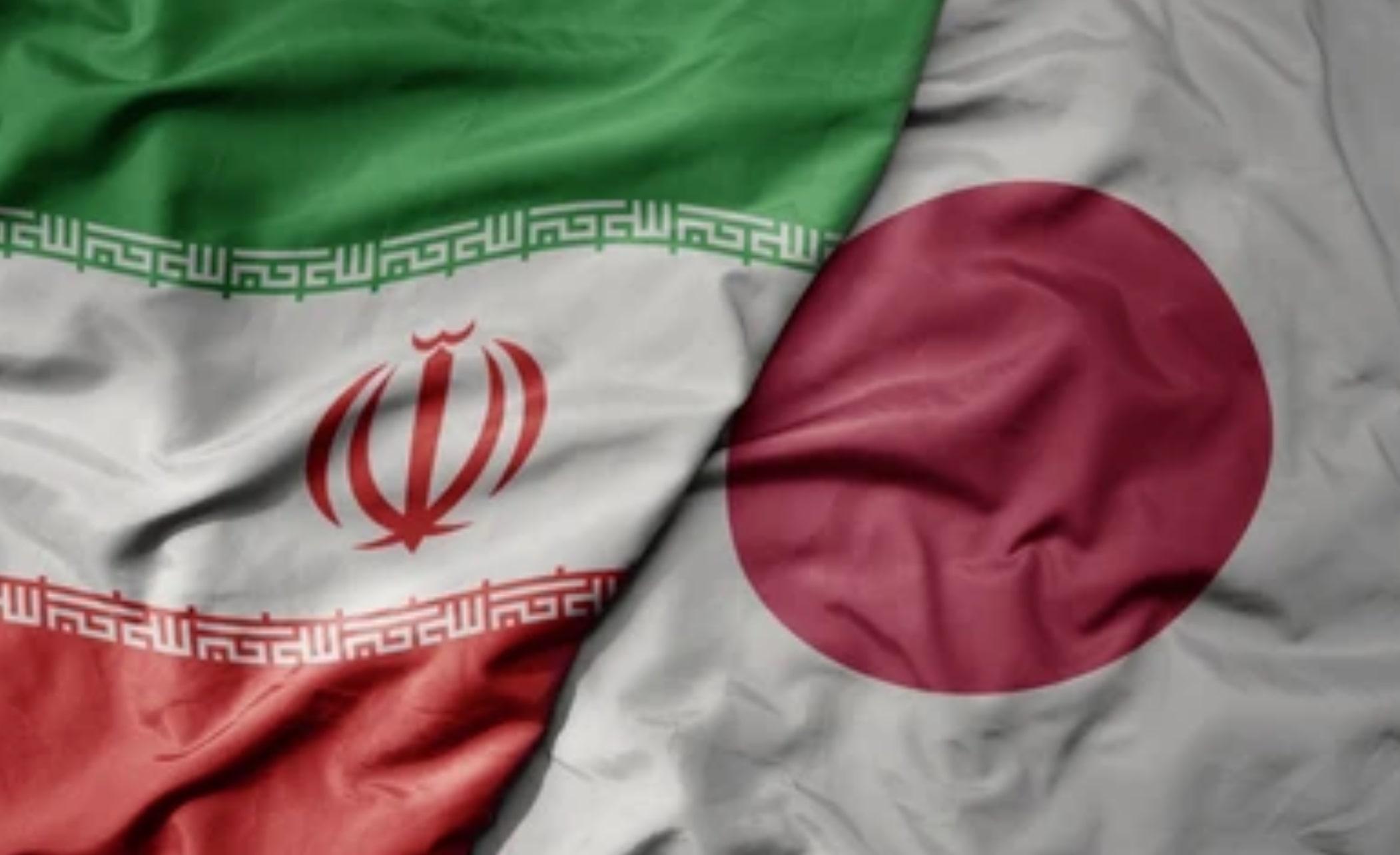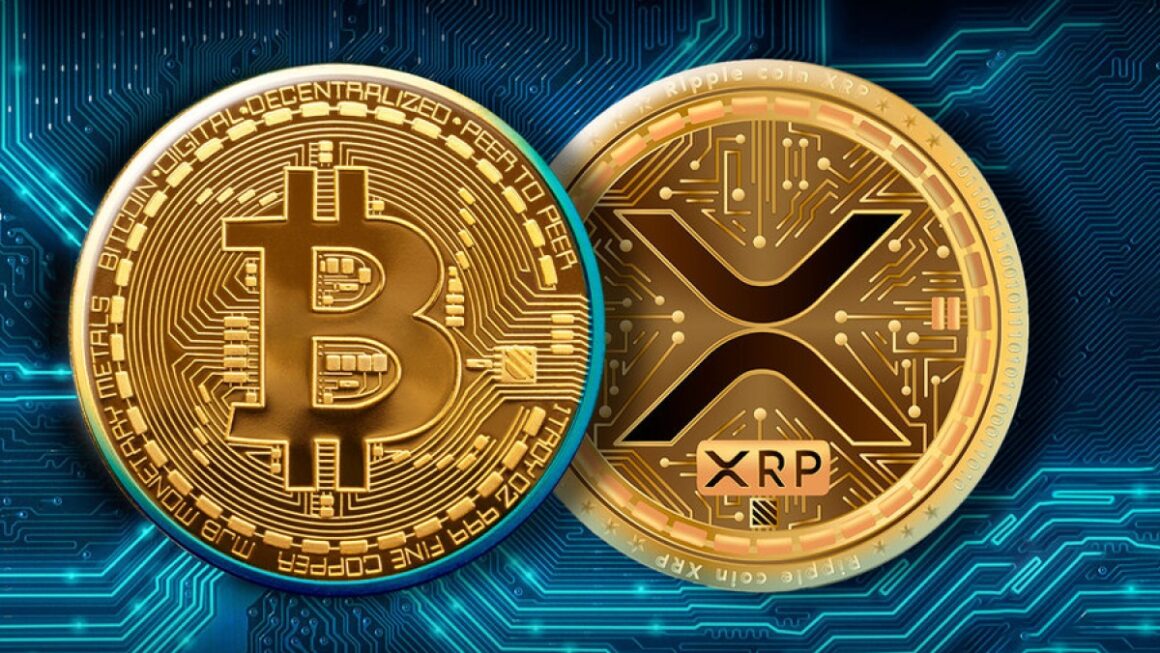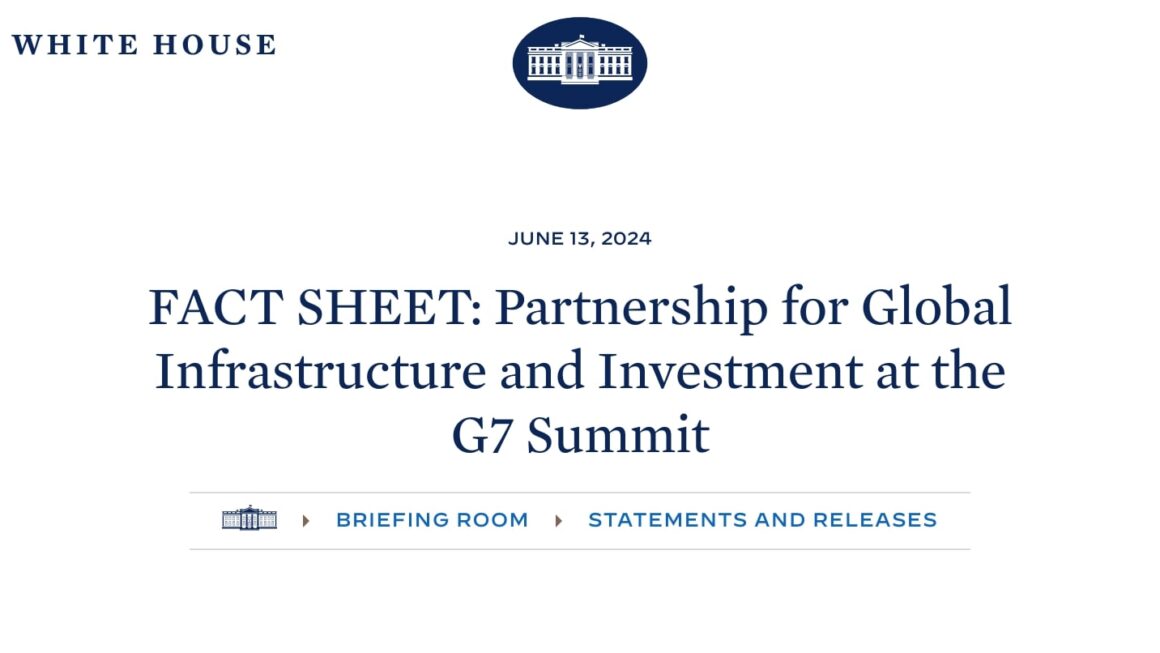In a dynamic shift towards modernizing their economic relationship, Japan and Iran are actively considering the use of digital currencies for facilitating energy trade. This innovative approach could reshape international trade dynamics and offer benefits for both nations.
The Traditional Energy Trade Paradigm
Historically, energy trade between nations has relied on conventional financial systems, which can be cumbersome, time-consuming, and often involve multiple intermediaries. Moreover, the use of traditional currencies, such as the US dollar, has exposed nations to currency volatility and the risk of sanctions or restrictions imposed by third-party nations.
The Emergence of Digital Currencies
Recognizing the limitations of conventional trade systems, Japan and Iran have begun exploring the potential of digital currencies to enhance their energy trade. Here are some key aspects of this evolving partnership:
1. Greater Efficiency: Digital currencies, like blockchain-based tokens, can streamline financial transactions by eliminating intermediaries and reducing transaction times. This efficiency can significantly benefit both nations in their energy exchanges.
2. Reduced Dependency: Shifting away from traditional currencies like the US dollar can reduce dependence on a single global reserve currency, thereby mitigating the impact of currency fluctuations and geopolitical pressures.
3. Evasion of Sanctions: For Iran, which has faced sanctions in the past, digital currencies provide an opportunity to sidestep restrictions imposed by international financial institutions and maintain trade relationships with partners like Japan.
4. Enhanced Security: Blockchain technology, the backbone of most digital currencies, offers robust security measures, reducing the risk of fraud and cyberattacks in financial transactions.
5. Improved Transparency: Transactions on blockchain networks are transparent and traceable, which can enhance trust between trading partners and reduce the likelihood of disputes.
6. Pilot Programs: Both nations have initiated pilot programs to test the viability of using digital currencies for energy trade. These programs involve the issuance of digital tokens representing energy resources, which can be traded directly between the two countries.
Challenges and Considerations
While the adoption of digital currencies for energy trade offers numerous advantages, there are challenges and considerations to address:
1. Regulatory Framework: Developing a robust regulatory framework for digital currencies is essential to ensure compliance with international financial regulations and prevent illicit activities.
2. Currency Volatility: Digital currencies can be highly volatile, which poses risks to the stability of energy prices. Solutions, such as stablecoins pegged to fiat currencies, may need to be explored.
3. Technical Infrastructure: Both nations must invest in the technical infrastructure required to support digital currency transactions, including secure wallets and blockchain networks.
4. International Cooperation: Expanding the use of digital currencies for energy trade may require cooperation with other nations and international organizations to create a standardized approach.
The Future of Energy Trade
Japan and Iran’s exploration of digital currencies for energy trade reflects a broader global trend towards the digitization of financial systems. As these two nations work together to overcome challenges and harness the benefits of digital currencies, they may set an example for other countries seeking to modernize their trade relationships.
While the full implementation of digital currencies in energy trade may take time, the steps taken by Japan and Iran signal a shift towards a more efficient, secure, and resilient global energy trade ecosystem. As the world watches these developments, the potential for transformative changes in international trade dynamics becomes increasingly apparent.














